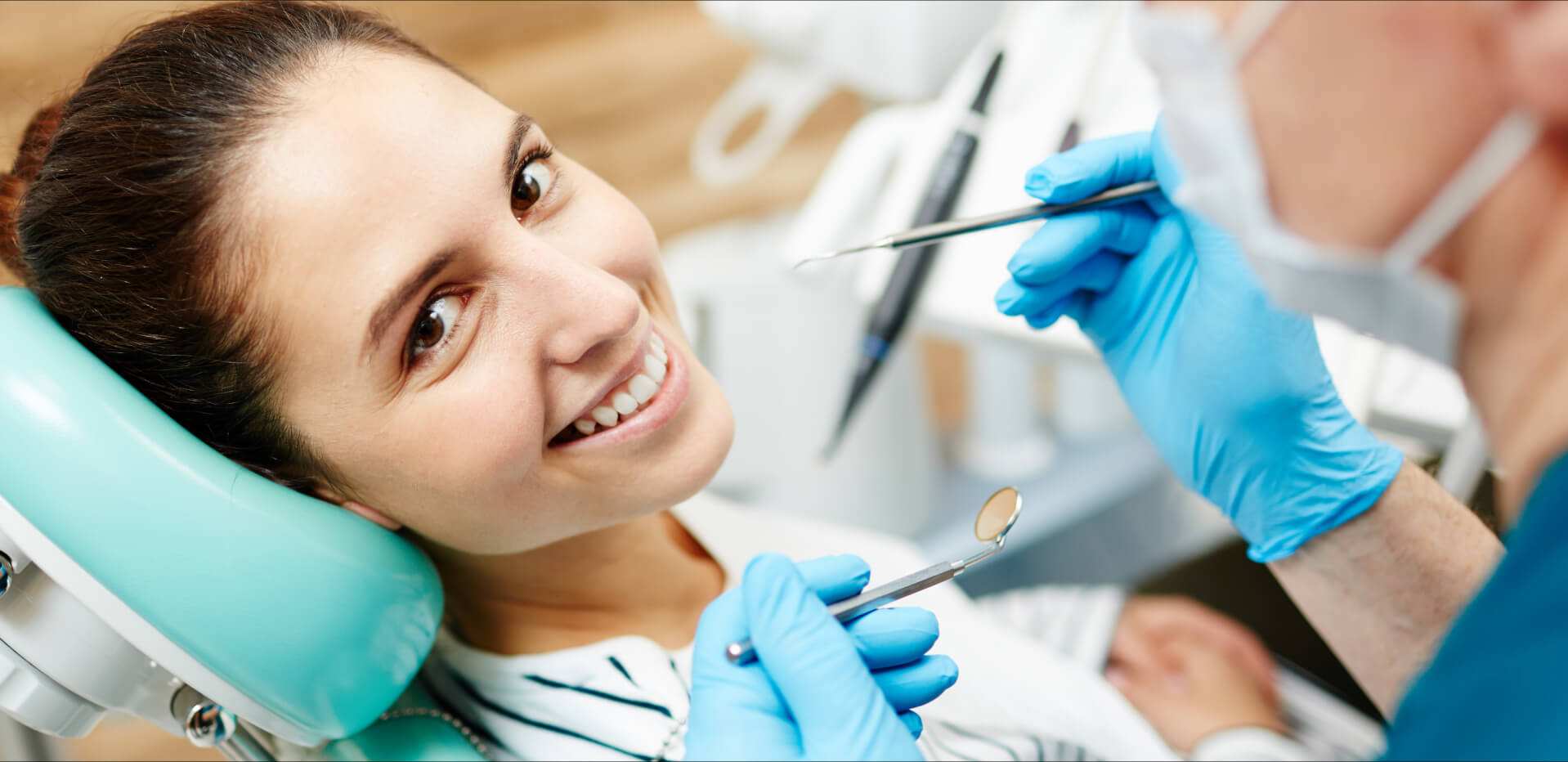Dental care prescriptions are provided for a wide wide variety of motives, either prior to or just after dental treatment. Lots of dental therapies are provided to combat a variety of oral conditions, or to relieve and control pain. Nonetheless, analysis suggests that, by far, the majority of medicines prescribed by dentists are anti-biotics.
Pain Relief and Dental Care Prescriptions
Pretty much all dental individuals encounter discomfort to varying degrees, no matter whether just before, in the course of or just after dental therapy. Drugs advisable to manage pain can be anesthetics, which numb the region, or
analgesics, which are pain-relieving drugs. The most commonly suggested analgesics are ibuprofen, and acetaminophen, but for definitely extreme pain the dentist may possibly recommend narcotic analgesics such as hydrocodone or Vicodin. Codeine preparations containing acetaminophen are in addition extremely effective. For pain that is come with by swelling and swelling, the most popular dentist prescriptions will be corticosteroids like Orabase and Oralone.

Dental Care Prescriptions to Fight Mouth Situation
Terrific bargains of dental sufferers are located to suffer from gingivitis, which is swelling of the gums. An usual sort of dental prescription for this is chlorhexidine, which comes either as a mouth rinse, or in a gelatin-filled chip, which is put in the gum sockets for the drug to be released more than about seven days. An more common mouth situation is oral thrush or candidiasis, for which the dentist will probably advocate antifungals such as Nystatin or Mycostatin. Salagan or pilocarpine might be prescribed if a client has been detected with dry mouth.
Dental Care Prescriptions for Infection Manage
There are a assortment of infections that could come about adhering to dental surgery, for which antibiotics could be suggested. These could be periodontal infections, infections around wisdom teeth, or dental abscesses. Gingivitis may possibly moreover call for antibiotics if it ends up getting ulcerative.
The most typical anti-biotics in dental prescribing are penicillin and amoxicillin. For أفضل مركز أسنان في تركيا who are allergic to penicillin,erythromycin is typically prescribed. To treat dental abscesses in soft tissue and bone, in particular those that do not react to penicillin, the antibiotic Clindamycin is frequently discovered to be efficient, as it is commonly made use of to treat severe infections triggered by anaerobic germs.
Nonetheless, there have been some important investigation research displaying that antibiotics are commonly overprescribed by dentists, or recommended inappropriately. For instance, dentists could suggest prescription antibiotics for pulpitis, the infection of the pulp tissue in the tooth which includes the vein, and the most widespread cause of toothache. They likewise normally prescribe them for periapical infections or abscesses– these are infections which happen correct inside the tooth. These conditions are most perfect dealt with by surgery. Antibiotics may be specifically what the patientrequests, however might not be in the very best interests of the client’s health.
Preserve the Dentist Informed
For all dental clientele, it is truly important to inform the dentist about medical history and any medications the patient could already be taking. Some pre-existing overall health situations, such as heart illness, could possibly imply oral medications will need to not be taken, and some already existing medicines could possibly be genuinely hazardous if combined with other medicines. Supplied the complete medical history is known, the majority of oral treatment prescribeds will surely be fully in the patient’s interests, and will function to giving the extremely best feasible oral wellness.